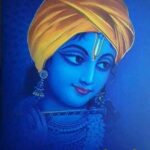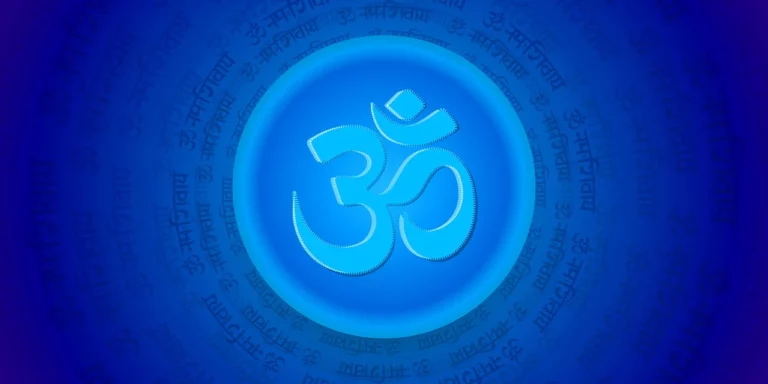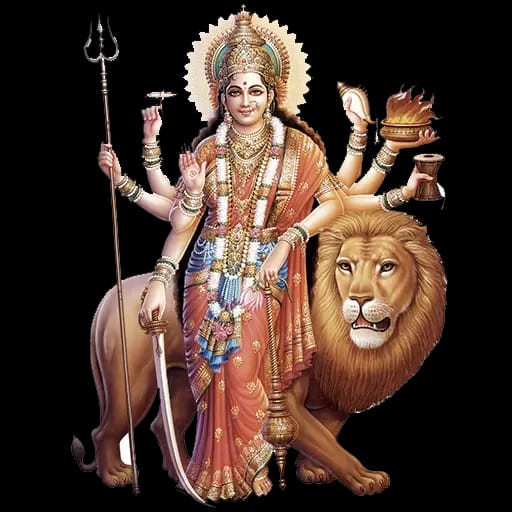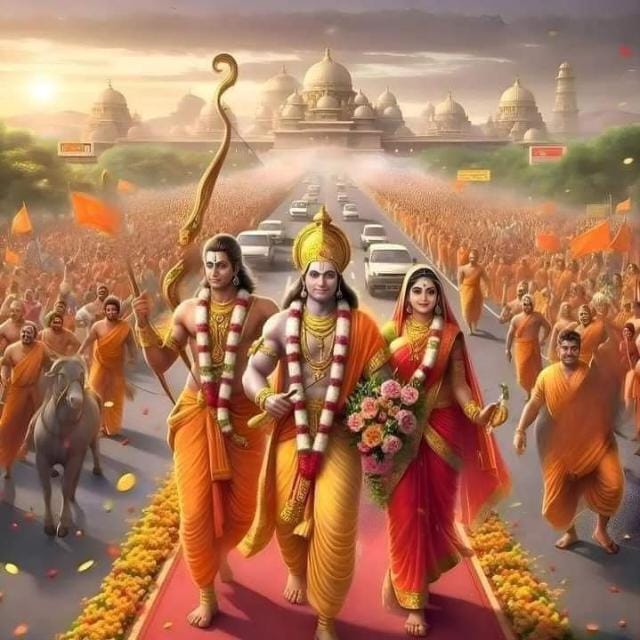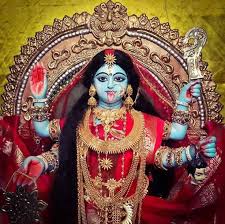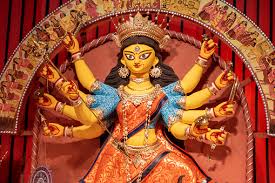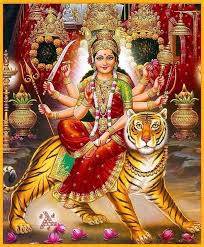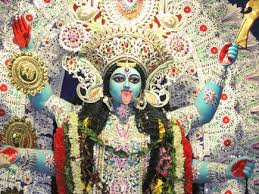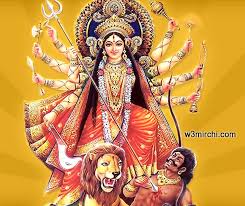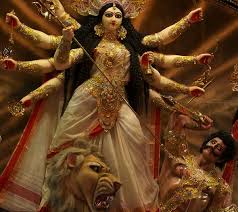हल खींचते समय यदि कोई बैल गोबर या मूत्र करने की स्थिति में होता था तो किसान कुछ देर के लिए हल चलाना बन्द करके बैल के मल-मूत्र त्यागने तक खड़ा रहता था ताकि बैल आराम से यह नित्यकर्म कर सके, यह आम चलन था।
जीवों के प्रति यह गहरी संवेदना उन महान पुरखों में जन्मजात होती थी जिन्हें आजकल हम अशिक्षित कहते हैं, यह सब अभी 25-30 वर्ष पूर्व तक होता रहा ।
उस जमाने का देशी घी यदि आजकल के हिसाब से मूल्य लगाएं तो इतना शुद्ध होता था कि 2 हजार रुपये किलो तक बिक सकता है।
और उस देसी घी को किसान विशेष कार्य के दिनों में हर दो दिन बाद आधा-आधा किलो घी अपने बैलों को पिलाता था ।
टटीरी नामक पक्षी अपने अंडे खुले खेत की मिट्टी पर देती है और उनको सेती है।
हल चलाते समय यदि सामने कहीं कोई टटीरी चिल्लाती मिलती थी तो किसान इशारा समझ जाता था और उस अंडे वाली जगह को बिना हल जोते खाली छोड़ देता था । उस जमाने में आधुनिक शिक्षा नहीं थी ।
सब आस्तिक थे। दोपहर को किसान जब आराम करने का समय होता तो सबसे पहले बैलों को पानी पिलाकर चारा डालता और फिर खुद भोजन करता था । यह एक सामान्य नियम था ।
बैल जब बूढ़ा हो जाता था तो उसे कसाइयों को बेचना शर्मनाक सामाजिक अपराध की श्रेणी में आता था।
बूढा बैल कई सालों तक खाली बैठा चारा खाता रहता था, मरने तक उसकी सेवा होती थी।
उस जमाने के तथाकथित अशिक्षित किसान का मानवीय तर्क था कि इतने सालों तक इसकी माँ का दूध पिया और इसकी कमाई खाई है,अब बुढापे में इसे कैसे छोड़ दें,कैसे कसाइयों को दे दें काट खाने के लिए ??
जब बैल मर जाता तो किसान फफक-फफक कर रोता था और उन भरी दुपहरियों को याद करता था जब उसका यह वफादार मित्र हर कष्ट में उसके साथ होता था।
माता-पिता को रोता देख किसान के बच्चे भी अपने बुड्ढे बैल की मौत पर रोने लगते थे।
पूरा जीवन काल तक बैल अपने स्वामी किसान की मूक भाषा को समझता था कि वह क्या कहना चाह रहा है ।
वह पुराना भारत इतना शिक्षित और धनाढ्य था कि अपने जीवन व्यवहार में ही जीवन रस खोज लेता था,वह करोड़ों वर्ष पुरानी संस्कृति वाला वैभवशाली भारत था..!
वह सचमुच अतुल्य भारत था।।
If a bull was in a position to urinate or dung while pulling the plough, then the farmer would stop plowing for some time and stand till the bull urinates so that the bull could do this daily work comfortably, this was a common practice.
This deep sensitivity towards living beings used to be born in those great forefathers whom we call illiterate nowadays, all this happened till 25-30 years ago.
If we value the desi ghee of that time according to today’s prices, it was so pure that it could be sold up to Rs 2,000 per kg.
And the farmer used to feed that desi ghee to his bullocks after every two days on the days of special work.
A bird called Tatiri lays its eggs on the soil of the open field and incubates them.
While ploughing, if a cowherd was found shouting somewhere in front, the farmer used to understand the signal and leave that egg place empty without plowing. There was no modern education in those days.
All were believers. In the afternoon, when it was time for the farmer to rest, he would first feed the oxen with water and then eat himself. This was a general rule.
When the bull became old, selling it to butchers came under the category of shameful social crime.
The old bull used to eat fodder sitting empty for many years, he was served till death.
The so-called uneducated farmer of that time had a human argument that he drank his mother’s milk for so many years and ate her earnings, now how to leave him in his old age, how to give them to the butchers to eat??
When the bull died, the farmer wept bitterly and remembered those sultry afternoons when this faithful friend was by his side in every tribulation.
Seeing the parents crying, the children of the farmer also started crying on the death of their old bull.
For the whole life, the bull used to understand the silent language of his master farmer, what he was trying to say.
That old India was so educated and wealthy that it used to find the juice of life in its own way of life, it was a glorious India with crores of years old culture..! That was truly Incredible India.



